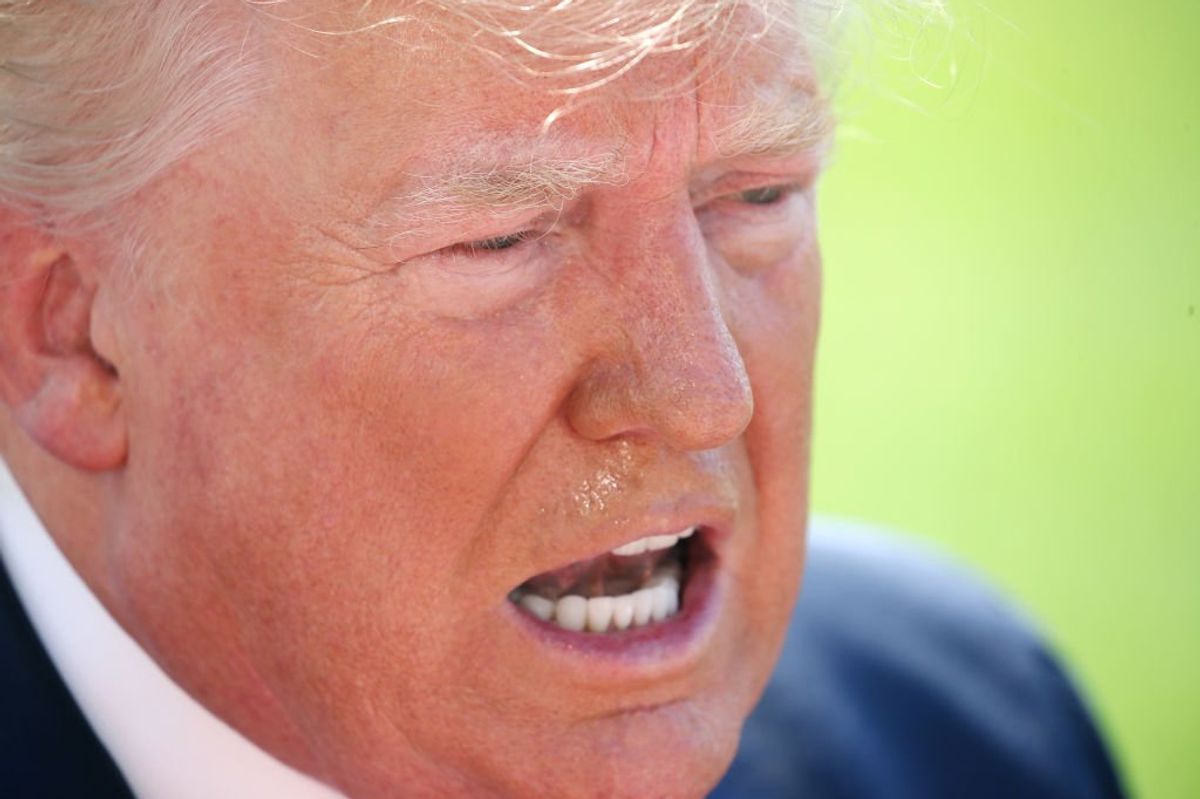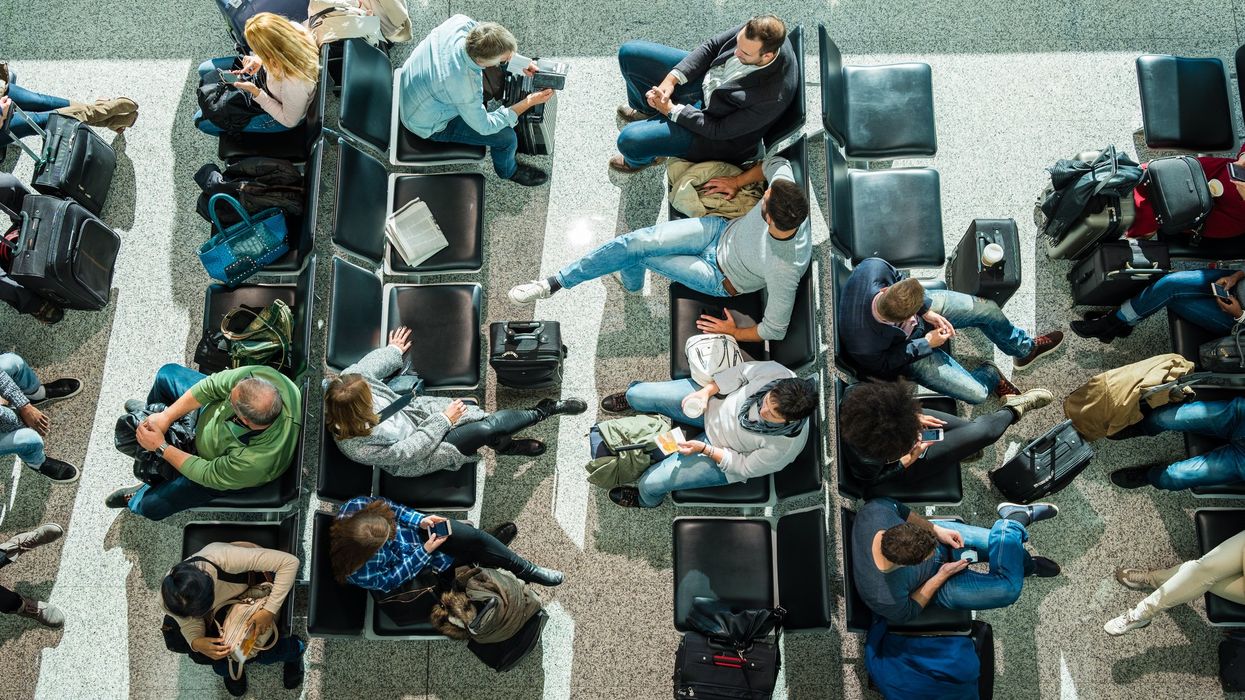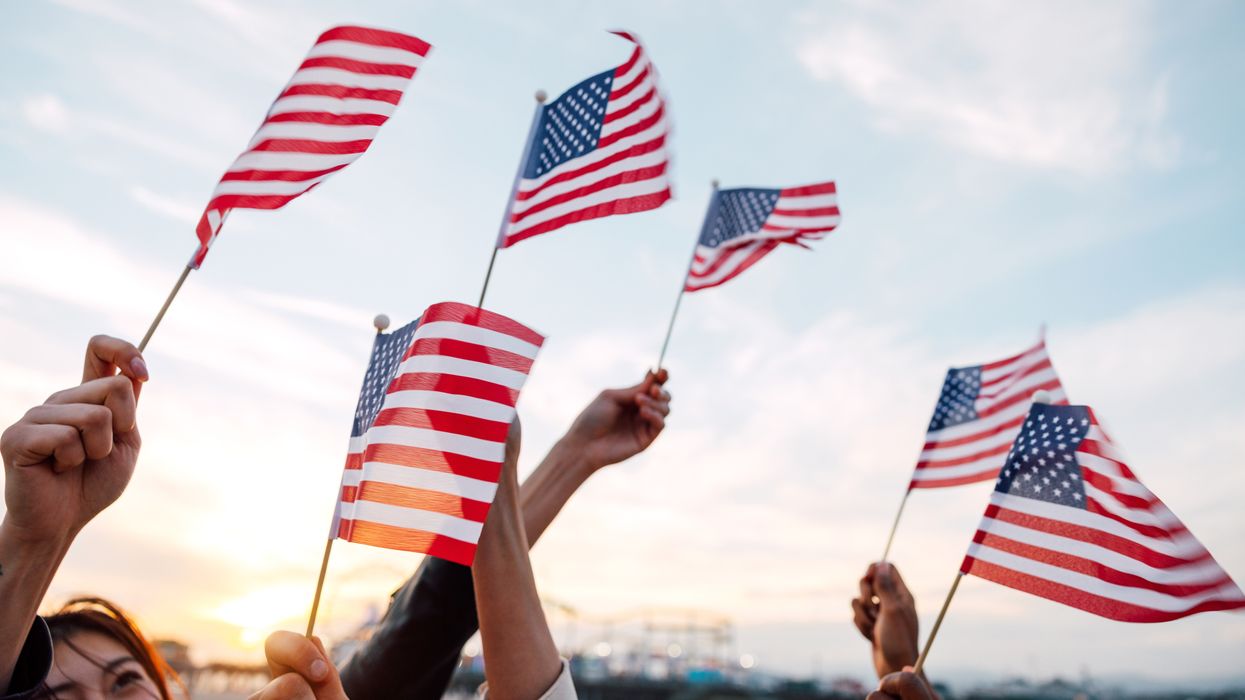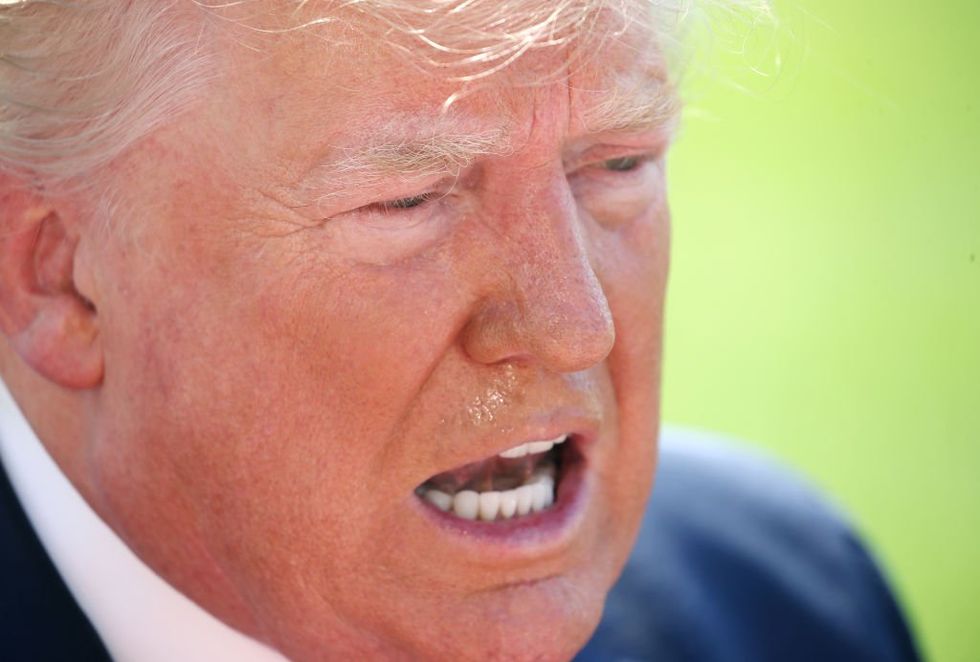Congress is taking heightened and formalized interest in the allegations of voter suppression in Georgia. On Wednesday the House Oversight and Reform Committee asked for an array of documents from Gov. Brian Kemp, who was in charge of overseeing his own election last fall because he was then secretary of state, and his successor in that post, Brad Raffensperger.
The requests of the two Republicans seek information about Georgia's voter purge practices; its so called "exact match" policy, which freezes registrations for even a singular typo in a voter's application; the decision to limit the number of voting machines in three high-turnout Democratic counties; and an eventually abandoned plan to close two-thirds of the polling policies in a majority-black county.
"The committee is particularly concerned by reports that Georgians faced unprecedented challenges with registering to vote and significant barriers to casting their votes during the 2018 election," Chairman Elijah Cummings and fellow Maryland Democrat Jamie Raskin, chairman of the panel's subcommittee on civil rights and civil liberties, said in a statement announcing the investigation.


















 U.S. President Donald Trump at the White House, Washington, DC. (Photo by Mark Wilson/Getty Images)
U.S. President Donald Trump at the White House, Washington, DC. (Photo by Mark Wilson/Getty Images) 
